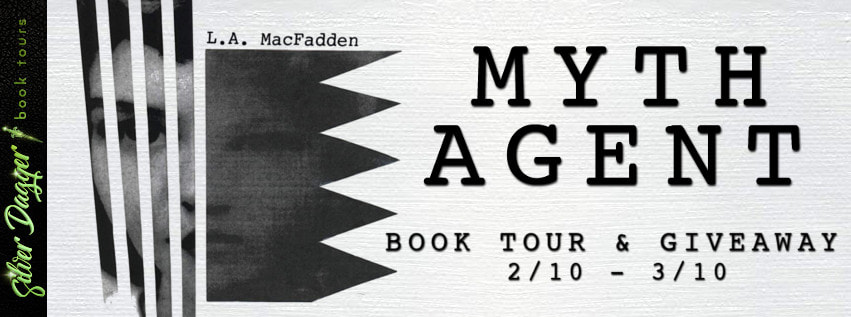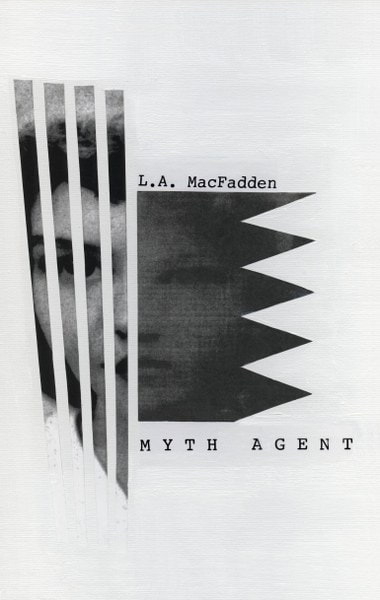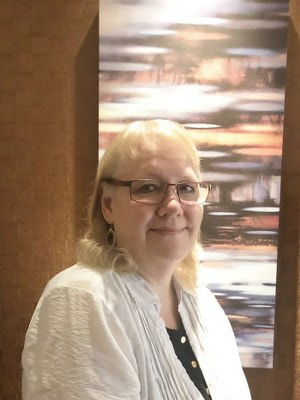Do you read yourself and if so what is your favorite
genre?
I’ve been a reader all my life, although in the last few
years I have begun listening to audiobooks more, rather than reading physical
books or reading on devices. I still buy books to give as gifts and to own just
because I like having them on the shelf. I don’t really have a favorite genre.
I choose what to listen to depending on how I’m feeling. If I’m really stressed
I will probably choose a romance with a happily ever after or something
humorous. A lot of middle grade books are good for raising a spirit that is
down in the dumps. Sometimes I need something deep and thought-provoking, and
sometimes I just want to revisit an old favorite because I’m familiar with it.
Do you prefer to write in silence or with noise? Why?
Because I use a speech to text program on my PC, a quiet room
is necessary. I live out in the country and there is no traffic, so that helps!
Do you write one book at a time or do you have several
going at a time?
So far I have not felt the need to try to juggle two book
projects at once.
Tell us about some of your favorite books.
As a child, I liked to read about families, like the mother
and her four children in The Moffats. (At the time I thought it was
pronounced Mo–fats, and I remember being teased when I said it wrong.) In my
eighth grade history class, we were assigned to read and report on any novel
that revolved around something historically significant. My parents’
bookshelves were filled with classics, and I believe my mother recommended John
Steinbeck’s The Grapes of Wrath. Needless to say, I was heartbroken by
what the Joad family endured in order to survive, but it is one of my favorite
novels because it taught me that books can change how a reader views the world.
In my young adulthood I remember being caught up in Si’s time-traveling in Jack
Finney’s Time and Again, and that I was unnerved but thrilled by the
family of carnival sideshow characters in Katherine Dunn’s Geek Love. In
more recent memory, I was enthralled by Chava and Ahmad in Helene Wecker’s The
Golem and the Jinni, experienced intense emotion along with the characters
in M.L. Stedman’s The Light Between Oceans, and came to know like
friends Ave Maria in Adriana Trigiani’s Big Stone Gap series, and Lady
Hardcastle and Flo in the T.E. Kinsey’s Lady Hardcastle series.
What are some books you have enjoyed fairly recently?
The Story Keeper, a magnificent book by Lisa Wingate, Shem
Creek and Isle of Palms by Dorothea Benton Frank, The Wonder Boy
of Whistle Stop by Fannie Flagg, The Fatal Flying Affair by T.E.
Kinsey, and What Alice Forgot by Liane Moriarty.
What advice would you give new authors?
I now know that it’s important to read your work aloud, so
you can hear if your prose and conversation flow naturally. Also, the first
edition of Natalie Goldberg’s Writing Down the Bones, which was a
textbook in a creative writing class I attended, was very helpful to me.
What book do you think everyone should read?
I don’t know for certain that everyone should read The
Magic Carpet by Jessica Norrie, but I don’t think it would hurt. A lot of
horizon–expanding text is packed into this short read.
What is your writing process? For instance, do you do an
outline first?
I imagine my methods could be considered unorthodox, but I
did give outlines a try and found I couldn’t progress that way. Before I start
writing in earnest, I just let ideas circulate in my head, sometimes for days.
Eventually I grab one of the ideas and start writing. I think with Myth Agent I
started in what ended up being a middle chapter. I worked toward the front,
then went back to the middle and worked toward the end. (It’s going roughly the
same way with the second Myth Agent book.) Then, when I thought I was finished,
I printed it, separated the chapters and lined them up in order on two long
tables. While scouring each chapter
again, I made notes on all the areas that still needed rewriting, then put the
chapters back together in their new order and rewrote where I thought it was
necessary. I can’t remember how many times I went through this process and
finally decided I was truly finished, but it did not happen overnight.
What is your writing Kryptonite?
Not getting enough sleep.
Do you try to be more original or to deliver to readers
what they want?
The only things I’ve written that I thought was what my
audience wanted were stories for my children when they were small.
If you could tell your younger writing self anything, what
would it be?
I would try to impress upon myself not to think about the
story I’m working on all the time, because it will only rob you of living in
the moment.
What’s the most difficult thing about writing characters
from the opposite sex?
The difficult thing is that there is no way I can really know
how men and boys feels about anything! I can only rely on what men in the
family have said or done, those I have worked with or crossed paths with, and
studying male characters in books, movies and on television.
How long on average does it take you to write a book?
Each of my first two books, which were contemporary fiction,
took approximately two years to write. It took twice as long to write Myth
Agent, I think because I stopped so often to research along the way.
Do you believe in writer’s block?
I’ve been plagued by it a few times, so yes.









Comments
Post a Comment